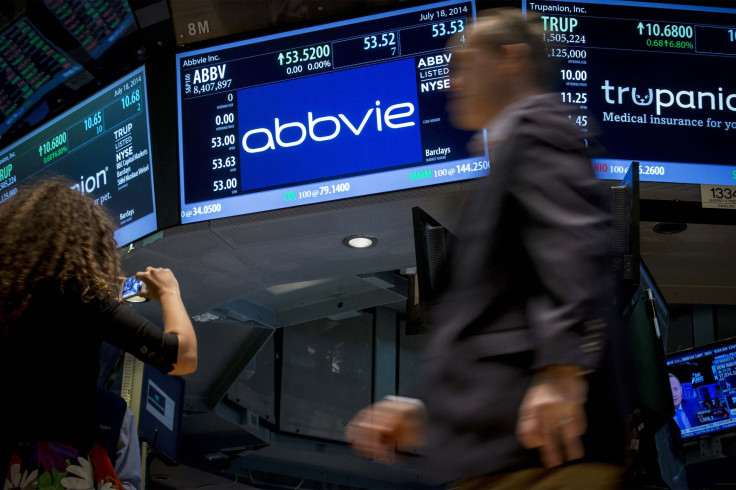AbbVie Asks Shareholders To Vote Against $54B Shire Acquisition Deal

American drugmaker AbbVie Inc. asked its shareholders to vote against its proposed $54 billion deal with Irish pharmaceutical company Shire in the wake of new rules penalizing corporate inversions. AbbVie had struck the $54 billion deal to buy Shire in July to reduce its tax burden by shifting its tax base to the U.K.
In a statement released late Wednesday, AbbVie said that it had made the decision after a “detailed consideration of the impact of the U.S. Department of Treasury’s unilateral changes to the tax rules.” The U.S. drugmaker said, in the statement, that the “breadth and scope of the changes” in the tax rules had “introduced an unacceptable level of uncertainty to the transaction.”
AbbVie’s Chairman and CEO Richard A. Gonzalez said, in the statement: “Although the strategic rationale of combining our two companies remains strong, the agreed upon valuation is no longer supported as a result of the changes to the tax rules and we did not believe it was in the best interests of our stockholders to proceed.”
AbbVie also said that the new tax rules had restricted the company’s “ability to access current and future global cash flows in a tax efficient manner as originally contemplated in the transaction.”
An announcement by the U.S. treasury department in September, which eliminated the tax benefits of the practice of moving a company's headquarters to enjoy a lower tax rate, known as corporate tax inversion, had cast doubts over the AbbVie-Shire deal.
AbbVie said, in the statement, that if shareholders followed its recommendation, the company would owe Shire a “break fee” of about $1.6 billion.
The U.S. drugmaker had first signaled that it might back away from the deal on Tuesday, following which Shire’s shares fell by over 30 percent on Wednesday. AbbVie's shares had closed nearly 1 percent on Wednesday.
© Copyright IBTimes 2025. All rights reserved.






















